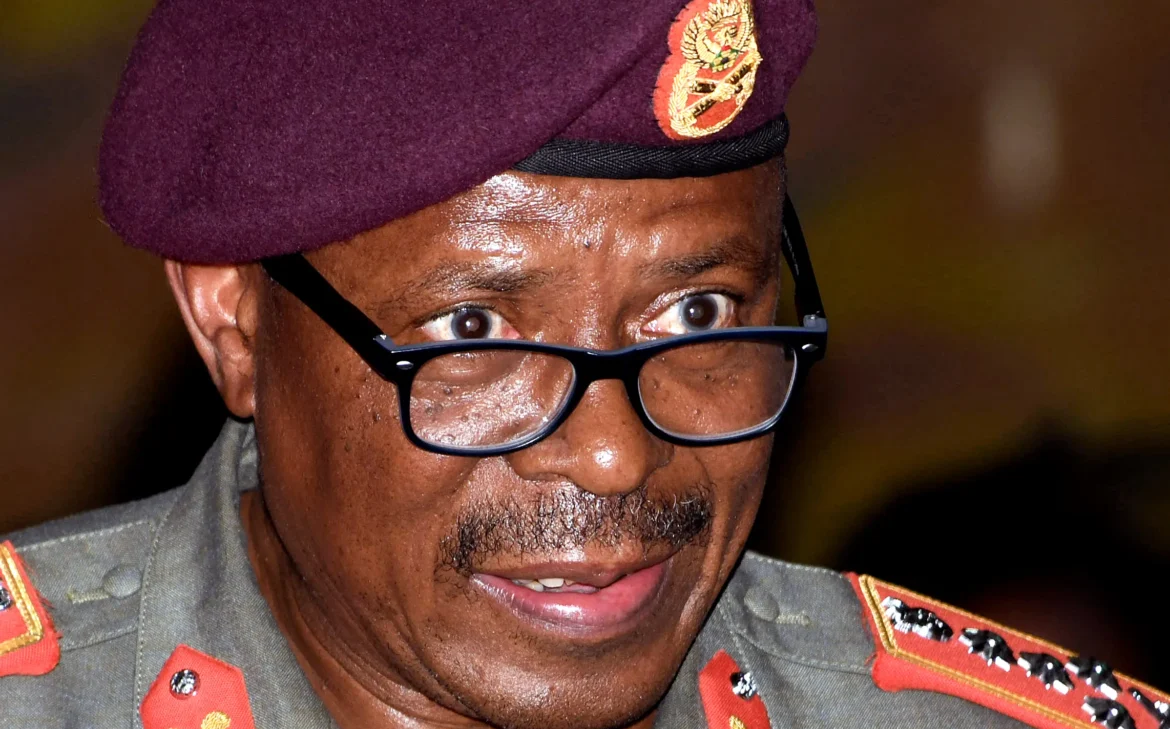South Africa’s top military official, General Rudzani Maphwanya, is facing mounting criticism after making an unannounced and politically charged visit to Iran — a diplomatic move that has blindsided President Cyril Ramaphosa and sparked calls for disciplinary action.
During the visit, Maphwanya reportedly expressed political solidarity with Iran, stating that South Africa and Iran share “common goals,” and voicing support for oppressed populations while condemning Israeli actions in Gaza. These remarks, made during a sensitive time in global geopolitics, have been sharply criticised both locally and abroad.
The Department of International Relations and Cooperation (DIRCO) and the Ministry of Defence have since scrambled to distance the South African government from Maphwanya’s comments, clarifying that foreign policy positions are the exclusive domain of the President. The ministries reaffirmed that the general’s statements do not reflect official government policy.
The Democratic Alliance has gone further, calling for General Maphwanya to be court-martialed for breaching South Africa’s principle of military neutrality and potentially compromising diplomatic relations — especially with strategic partners like the United States.
President Ramaphosa’s office labelled the visit “ill-advised,” with presidential spokesperson Vincent Magwenya confirming that the President had not been informed of the trip. The unauthorised nature of the visit has raised alarms within diplomatic and security circles, as it may have unintended consequences for South Africa’s foreign relations.
Maphwanya is expected to face tough questioning from both DIRCO and the Ministry of Defence upon his return, where he will have to explain both the purpose of his visit and his public statements.
The incident has not only strained internal government cohesion but has also reignited concerns over blurred lines between military leadership and foreign policy in a constitutional democracy.
